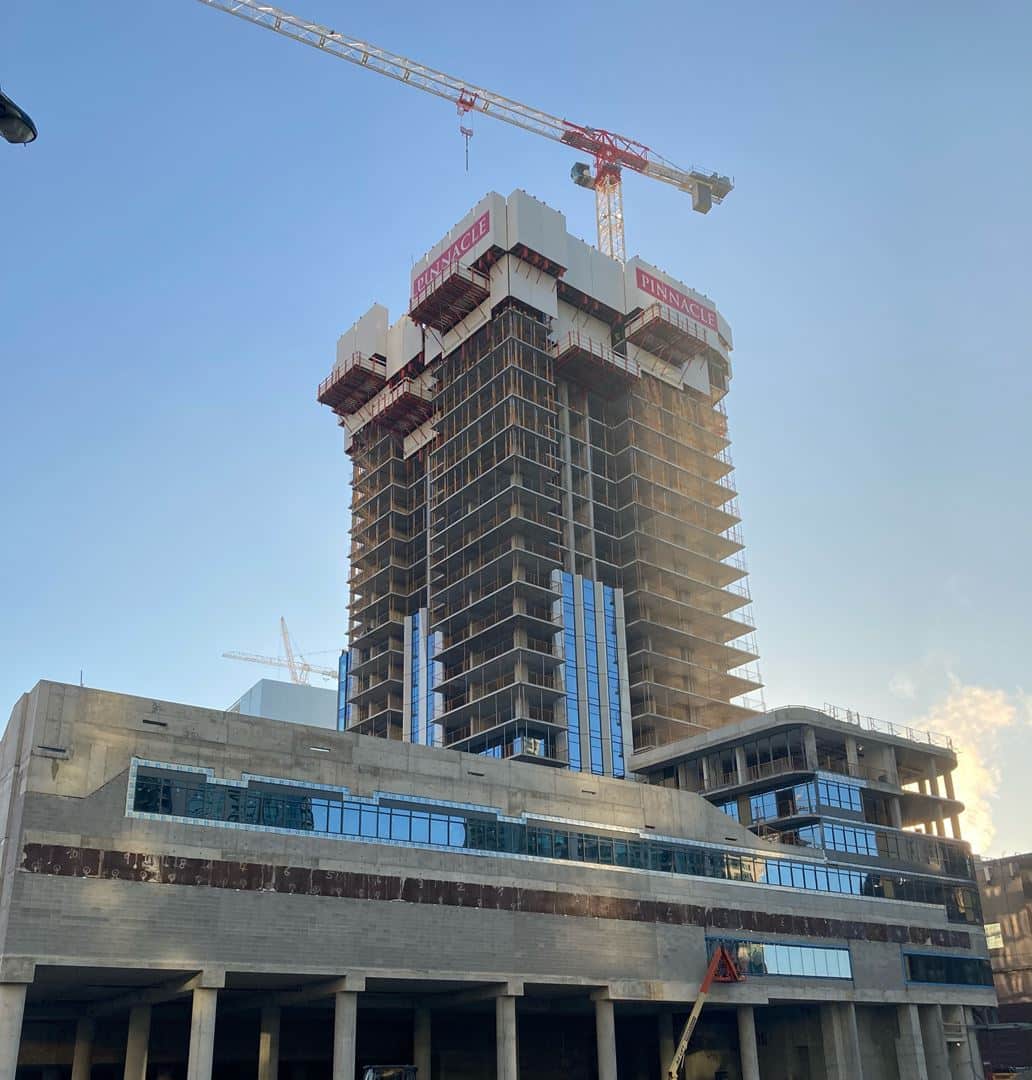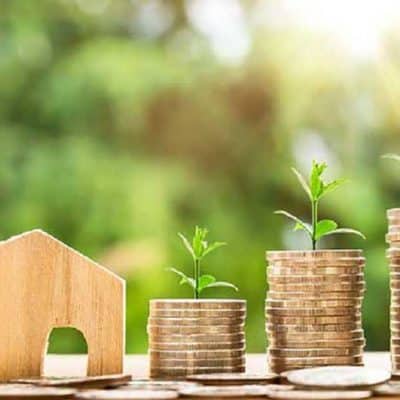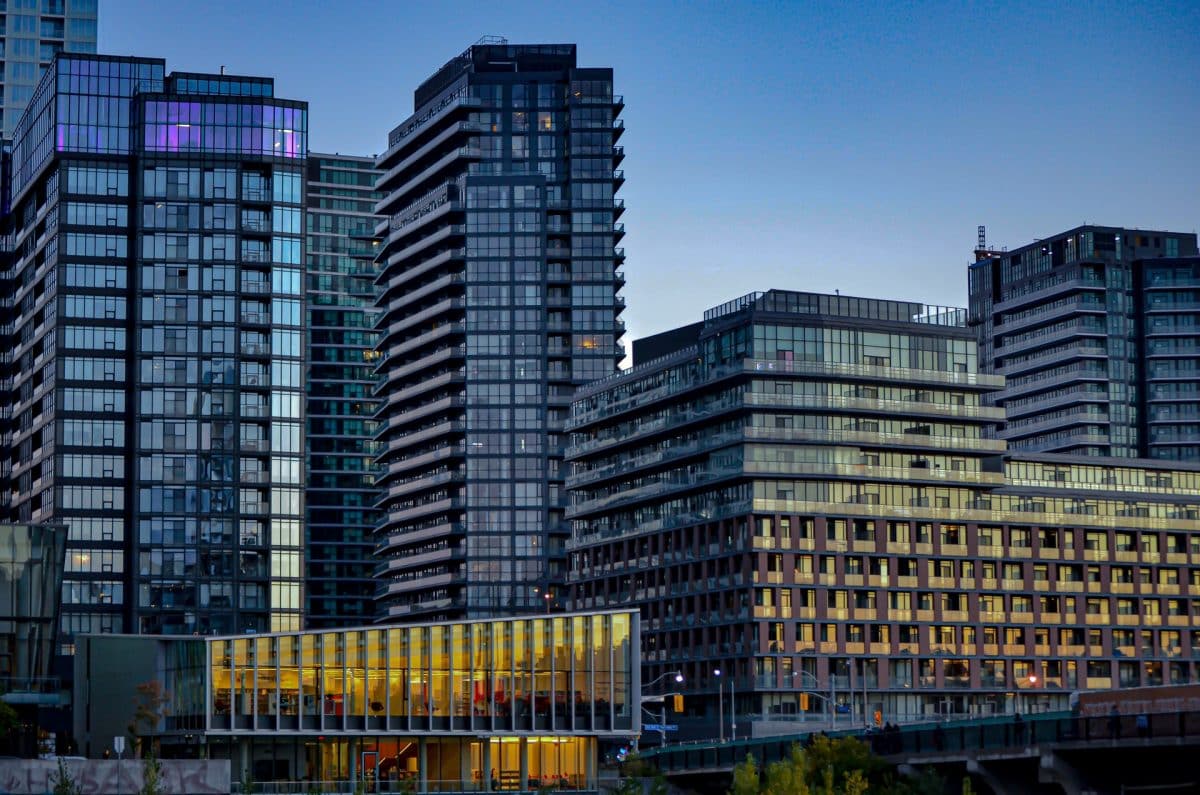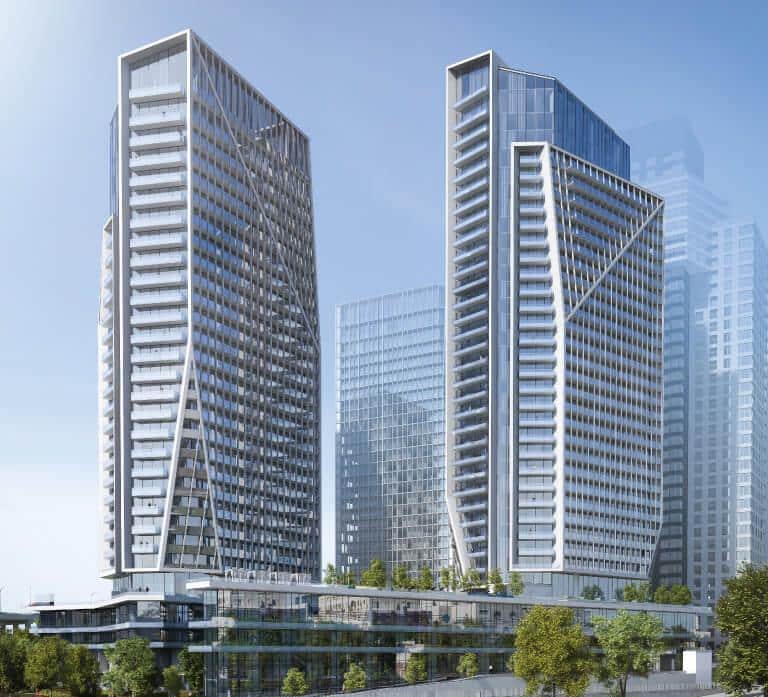How the Increased Capital Gain Tax Rate Will Impact Condo Investors?
By Condos HQ - Jun 28,2024

The federal government’s decision to raise the inclusion rate for capital gains has sent ripples of uncertainty across Canada’s red-hot real estate market. With the tax on profits from the sale of investment properties set to increase next month, speculation is rife on how this policy tweak will play out in the condominium sector.
In this in-depth article, we analyze expert opinions, recent market trends and key stats to understand the likely ramifications of the capital gains tax hike on condo investors, developers and end-users. Read on to gain valuable industry insights that can help guide your real estate decisions in these changing times.
Capital Gains Tax Explained
Before delving into the potential impacts, let’s briefly recap how Canada’s capital gains tax works. When an asset like a property is sold for a higher price than what was paid, the difference is considered a capital gain. Currently, only 50% of the capital gain is included in taxable income. This inclusion rate is set to rise to 66.67% for gains realized on or after June 25, 2024.
For individuals, the first $250,000 of taxable capital gains in a year is taxed at a preferential rate. Anything above this threshold slots into the highest personal tax bracket. Corporations do not enjoy this annual exemption and pay the full corporate tax rate on their capital gains.
Will Flippers Flee the Market?
One of the primary concerns with the capital gains tax increase is its impact on real estate speculators and flippers who treat properties like trading commodities. “Rising development costs and a higher tax on capital gains will definitely make condo properties less attractive for investors to flip. This will slow down the pace of new project launches,” says Jonathan Cooper, President of Macdonald Realty.
Currently, flipping condos within a year or two of purchase is a popular investment strategy for capitalizing on the inherent price escalations in hot markets like the Greater Toronto Area (GTA). With capital gains now facing a 33% higher tax bite, the profit potential takes a substantial hit.
According to statistics analyzed between January 2020 and June 2024, the average pre-construction condo in Toronto saw a capital appreciation of 20-30% within 3 years of completion. Post the tax change, an investor reselling such a property would end up paying close to $10,000-15,000 more in taxes depending on the unit price.
So, in the near future, we may witness decreased presales in new condo projects as fewer investors view quick flipping as an attractive proposition compared to long-term rental yields. Fewer presales can also negatively impact builders’ cashflows, slowing the construction of new housing supply.
Will Land Assembly Become Tougher?
Another flow-on effect flagged by industry leaders is the increased difficulty of assembling land parcels for major development sites due to the tax disincentive faced by existing property owners.
“It’s always been difficult to buy land in Vancouver for development. You’re often buying from long-term owners. If you think of streets like Cambie or 4th Avenue, which are primarily commercial, they are properties owned, a lot of the time, by small families or ‘mom and pops’ who have owned them for decades. And whenever you go to buy them to assemble a site for a big housing development, we’re up against the fact that those people are going to pay a massive amount of capital gains when they sell that investment,” explains Jon Stovell, President & CEO of Reliance Properties.
With capital gains now facing a 33% higher tax upon disposition, landowners have reduced motivation to relinquish their holdings as the additional tax liability erodes proceeds. This hurdle will add further delays and bottlenecks in launching large master-planned communities across Canada’s most in-demand urban regions.
The Outlook for End-Users
Though the tax change is intended to curb speculative flipping, concerns remain over its flow-on impacts for genuine end-users and long-term homeowners. “Housing costs are already unaffordable, and these taxes force homebuilders to raise their prices even further. This is killing an already broken system,” explains Matt Young, President and CEO of Republic Developments.
As developers must now factor in higher land costs and capital gains taxes into their financial models, the burden ultimately falls on the shoulders of condo buyers in the form of increased pricing. Recent market data analyzed by Condos HQ shows primary condo prices in the GTA rising more than 15% on average in the last 12 months alone. Additional development levies and taxes risk further exacerbating housing affordability.
There are also worries fewer condo completions could constrain the housing supply. With robust presales critical for unlocking construction financing, depressed investor demand portends fewer new units coming onstream in the medium term. “Homebuilders want to build, but they need customers to be able to buy their homes. When prices are too high, customers can’t afford to buy. That’s where we are today, and this new tax increase will absolutely slow down construction further,” cautions Young.
Impact on Purpose-Built Rentals
A lesser discussed offshoot is the influence of capital gains tax hikes on purpose-built rental apartment construction. Rental buildings delivering condo-type units for lease can be an attractive asset class for accredited investors seeking stable yields. Yet, with withholding periods extending 10-15 years on average, the higher capital gains tax now eats significantly into projected returns.
“Developers rely on presales to unlock financing to create more housing supply, and investors are an important part of the presale market. Having presales and incentivizing investors to invest in presales is a good thing. It’s something the government should encourage, not disincentivize through increasing the capital gains tax,” suggests Jonathan Cooper, who previously served as COO of developer Holborn Properties.
As investor appetite diminishes, fewer new rental projects risk breaking ground since over 30% of GTA condo units delivered already filter into the purpose-built rental market upon completion, diminished supply risks exacerbating rental housing shortages down the line.
Policy Recommendations for a Sustainable Solution
Given the capital gains tax hike’s potential to further constrain housing availability and price inflation in Canada, industry stakeholders argue a more balanced policy reform is needed to shoulder infrastructure funding responsibilities equitably across all demographics.
“Property taxes need to increase in Toronto slightly, paired with a significant development charge reduction, so the costs are shouldered by everyone evenly. This starts with MPAC reassessing home values, which are eight years out of date. Even if this happened, Toronto would still have one of the lowest property tax rates in the country. This will ensure that the city has a more sustainable tax base, which isn’t tied to construction starts, and ensure costs are shared more evenly across the entire population,” recommends Matt Young of Republic Developments.
A model where all existing property owners contribute their fair share through modestly raised municipal taxes could allow for the lowering of costly development application fees that ultimately inflate new home prices. This balanced solution prevents placing undue burden solely on first-time buyers, renters and future residents.
In Summary
With the capital gains tax rate increase set to come into effect on June 25, condo real estate investors would be prudent to carefully reconsider active flipping strategies, land assembly plays and rental property investment horizons within the new tax framework.
Looking ahead, genuine end-users will need to brace for potential inflationary impacts as developers account for higher costs. Ongoing housing affordability and supply challenges also persist without comprehensive policy reforms that distribute infrastructure funding responsibilities fairly across all demographics through adjusted property levies and permitting reasonable development policies. Only time will tell the full extent of ramifications as the market adjusts to this major tax policy change.
Your Trusted Partner in Real Estate Investments
As your preferred real estate advisor, the professionals at Condos HQ aim to keep you ahead of the curve with incisive market analysis, preferential project access and tailored investment strategies. Whether you’re an investor seeking alpha or a homebuyer navigating today’s dynamic climate – their dedicated experts have the local expertise to guide you every step of the way.
Register with them today to receive preferential updates on promising new condo, home and townhouse opportunities across the GTA, along with complimentary investment workshop invites. Let’s start advancing your portfolio in a thoughtful, risk-mitigated manner aligned with the current tax landscape.
Popular Articles
-

4 Reasons Why M City Condos 3 Is a Great Investment Opportunity
-

Four Reasons Why Prestige Condos Is a Great Place To Invest
-

5 Reasons Why Empire Phoenix Condos is a Must Buy
-

Condos HQ proudly announces the launch of Sugar Wharf Condos in Toronto
-

How To Make Your Condo Kitchen Look Bigger and Better
-

An Investor’s Guide to Buying Pre-Construction Condos in Toronto


























